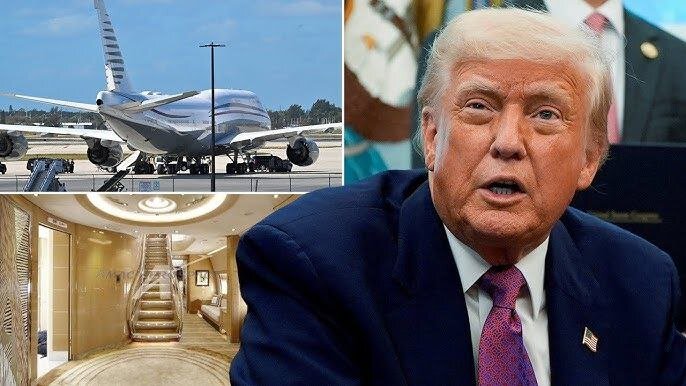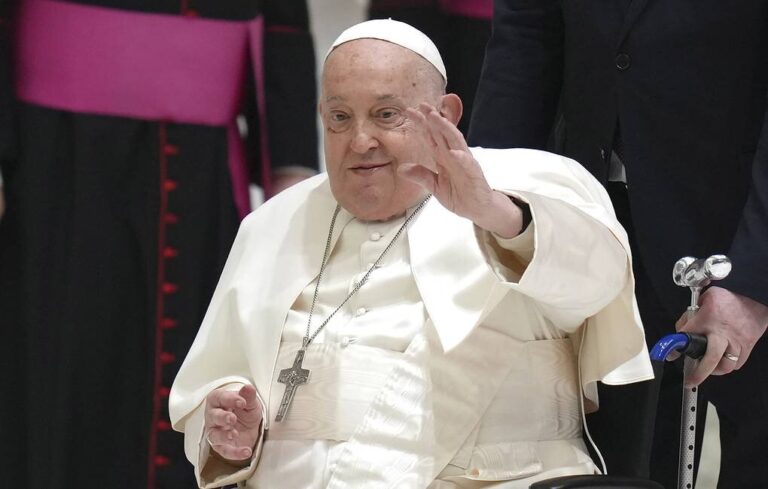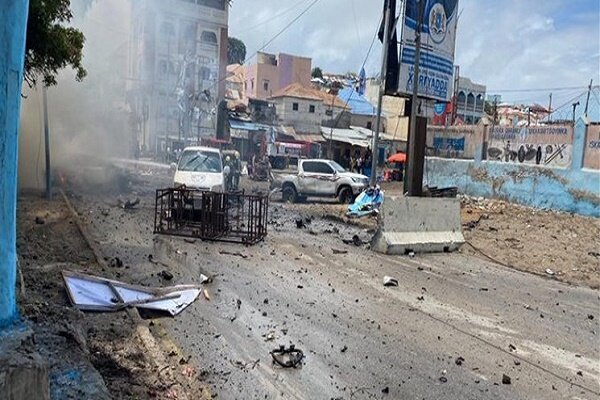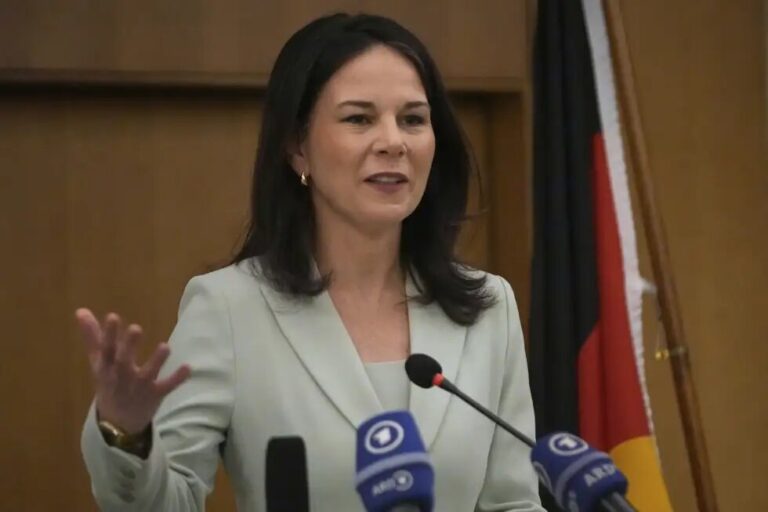Trump’s Persian Gulf Tour: Business Takes Center Stage Over Diplomatic Integrity
In May 2025, U.S. President Donald Trump undertook a significant tour of the Persian Gulf, visiting key allies such as Saudi Arabia, Qatar, and the United Arab Emirates (UAE). This diplomatic mission, while touted by the White House as a resounding success featuring multi-billion-dollar defense and economic agreements, faced criticism over serious ethical violations. Accusations emerged that Trump exploited his presidential role to promote personal and family business interests, resulting in substantial legal and political repercussions.
Trump’s visit was primarily motivated by his desire to secure substantial investments and arms deals while enhancing economic relations with the Persian Gulf Arab states. He maintained that the potential agreements, estimated at a staggering $4 trillion, illustrated his administration’s transactional approach to diplomacy. Additionally, a crucial aim of the trip was to recalibrate U.S. policy in the region by lifting sanctions on Syria’s transitional government and fostering collaboration in defense and technology, particularly in sectors like semiconductors and artificial intelligence (AI).
Beyond economic ambitions, Trump sought to motivate Persian Gulf states to take a more proactive role in stabilizing the region. His agenda addressed pressing conflicts, notably the ongoing Gaza war and concerns surrounding Iran’s nuclear program. This visit highlighted Trump’s belief in leveraging economic incentives to further foreign policy objectives.
Major Agreements and Diplomatic Engagements
The Persian Gulf tour resulted in several landmark agreements:
- Saudi Arabia: Trump announced a monumental $142 billion arms agreement along with broader partnerships in energy and technology. Investments from Riyadh in the U.S., already estimated at $600 billion, are projected to increase, fueled by American companies like Nvidia and AMD heavily investing in Saudi AI initiatives.
- Qatar: Over $240 billion in deals were finalized, including a groundbreaking $96 billion contract with Boeing. This visit marked a historic milestone as the first official trip to Qatar by a U.S. president, paving the way for enhanced bilateral relations.
- UAE: A $1.4 trillion AI-focused data center project and $1.6 billion in arms sales indicated a deepening partnership in both defense and emerging technology sectors.
In a surprising development, Trump also met with Syrian President Ahmed al-Sharaa, revealing plans to lift longstanding sanctions on the nation. This controversial move was framed as a step toward reintegrating Syria into the global community. Moreover, Trump urged Persian Gulf Arab leaders to join the Abraham Accords and recognize Israel, although the response was largely noncommittal.
This tour serves as a cautionary tale about the potential dangers of intertwining personal objectives with national interests on the international stage.
Corruption Allegations and Ethical Questions
Despite the economic achievements, the trip was overshadowed by serious allegations of corruption and ethical misconduct. Critics argued that Trump’s official duties were inextricably linked with his family’s private business interests.
Trump-branded properties located in Dubai, Jeddah, and Doha were reported to benefit from the diplomatic push and influx of Persian Gulf investments. Additionally, Jared Kushner, Trump’s son-in-law, faced accusations of using the trip to steer investments toward his business ventures, raising significant concerns about conflicts of interest.
One particularly contentious event involved Trump’s acceptance of a Boeing 747 jet from the ruling family of Qatar. This act, perceived as a personal gift, triggered bipartisan backlash in Washington, with lawmakers expressing fears regarding national security and the potential appearance of impropriety.
In light of these issues, bipartisan groups in Congress attempted to halt certain arms sales to the UAE and Qatar, fearing that U.S. weapons could inadvertently end up in the hands of groups implicated in human rights violations. Furthermore, the House Select Committee on Strategic Competition cautioned that some agreements in semiconductors and AI could pose significant risks, particularly concerning Chinese influence.
Trump’s approach to Israel also faced scrutiny, as he was unable to curtail the fighting in Gaza or advance peace negotiations. During his time in the region, Israel intensified its military actions in Gaza, and Trump’s proposal to establish a U.S.-run “freedom zone” was widely criticized as both troubling and impractical.
Overall, the journey led to substantial arms purchases and investments but also starkly illustrated the risks associated with the overlap of public responsibilities and private benefits. The controversies, particularly those linked to corruption, conflicts of interest, and personal gains for Trump’s inner circle, exposed vulnerabilities in U.S. governance.
Ultimately, while the trip achieved important economic and diplomatic objectives, it also compromised ethical standards and potentially undermined Washington’s long-term influence in the region. This episode serves as a poignant reminder of the dangers inherent in blending personal ambitions with national interests on the global stage.






